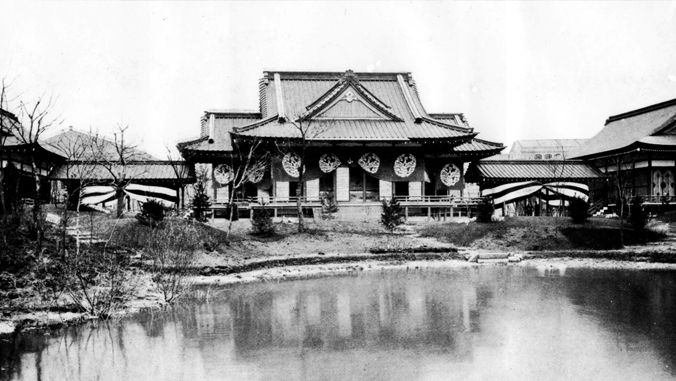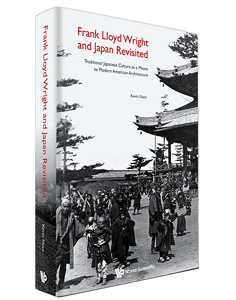
The impact of Japanese culture on the leading American architect Frank Lloyd Wright is the focus of University of Hawaiʻi at Mānoa School of Architecture Professor Kevin Nute's new book Frank Lloyd Wright and Japan Revisited: Traditional Japanese Culture as a Means to Modern American Architecture (London: World Scientific, 2025).


The book's predecessor, Frank Lloyd Wright and Japan (London: Chapman and Hall, 1993), won an International Architectural Monograph Award from the American Institute of Architects. The new book expands on more than three decades of research by reexamining Wright's interpretations of traditional Japanese forms in the context of otherness, appropriation, translation and myth.
In his foreword to the new work, the contemporary Japanese architect Kengo Kuma writes:
"This book has played an important part in the ongoing cultural exchange between Japan and the West. Personally, I learned a great deal about this exchange and its significance from the original edition of Frank Lloyd Wright and Japan. It stimulated my own interest in traditional Japanese buildings and gave me renewed confidence in my culture. Until then, traditional Japanese architecture seemed to me to have little relevance to the present or future. My own buildings changed as a result, and I began to participate in that great exchange myself."
An internationally recognized authority on Wright's relationship with Japan, Professor Nute spent his early career in Japan and joined UH in 2019. Later this year he will be giving a series of public lectures on the work, including at the Frank Lloyd Wright Trust in Chicago and at the Fallingwater Institute in Pennsylvania, where he will also be a scholar in residence next year.
Frank Lloyd Wright and Japan Revisited is available on Amazon .
The post New book explores Japanese influences on American architecture first appeared on University of Hawaiʻi System News .






